Lebanon Under Siege: Israel and Hezbollah Edge Closer to Full-Scale War
Israel has launched over 650 strikes on approximately 1,300 Hezbollah targets across Lebanon in the past 24 hours, according to statements from the Israeli military. These attacks have led to the deaths of 492 people and injuries to 1,645 others, as reported by the Lebanese health ministry. The Israeli military's operations have sparked widespread chaos, particularly in the southern and eastern parts of Lebanon, prompting many civilians to flee. Fears of a full-scale war between Israel and Hezbollah continue to grow, as both sides engage in escalating hostilities.
Hezbollah has responded to Israeli strikes with a series of rocket attacks, launching over 100 rockets into northern Israel. Some of these rockets reached areas near Haifa, setting off air raid sirens and sending thousands of residents into shelters. Several people in Kiryat Bialik were injured as a result of the attacks. A senior Hezbollah leader declared an “open-ended battle,” signaling the group’s readiness for prolonged conflict. Among the casualties on the Lebanese side, dozens were killed, including a key Hezbollah commander, and critical communication infrastructure was destroyed. Despite international pressure for de-escalation, Israel remains resolute, pledging to continue its operations until the northern region is secured.
The United Nations Interim Force in Lebanon (UNIFIL) has expressed "grave concern" for the wellbeing and safety of civilians in southern Lebanon. The agency reiterated its strong call for a diplomatic solution to prevent further harm to civilians and infrastructure.
The situation remains highly volatile, with Israel preparing for its “next phases,” which may include a ground invasion in Lebanon. Hezbollah has declared that a "battle without limits" is underway, while Iran has also issued warnings, cautioning Israel of “dangerous consequences” should the strikes continue. As the conflict intensifies, global calls for a diplomatic resolution continue, but the prospect of further military action looms large.
The roots of the current conflict can be traced back to the ongoing Israel-Palestine issue, which has significantly contributed to the instability in the region. In Gaza, Israeli airstrikes continue as part of its broader military campaign. According to the Gaza health ministry, at least 41,431 Palestinians have been killed, and 95,818 have been injured in the Israeli strikes. The attacks in Gaza escalated following the events of October 7, which resulted in the deaths of 1,139 Israelis and the capture of over 200 people. This deeply entrenched conflict has exacerbated tensions and contributed to the current war between Israel and Hezbollah in Lebanon.
The head of the UN agency for Palestinian refugees, Philippe Lazzarini, has renewed calls for an immediate ceasefire to end the "appalling human suffering" and "humanitarian catastrophe" unfolding in Gaza. He joined other leaders at the UN General Assembly in mourning the loss of innocent lives and urged the international community to take swift action to halt the violence.
Disclaimer
The views expressed in this article are the author’s own and do not necessarily mirror Islamonweb’s editorial stance.

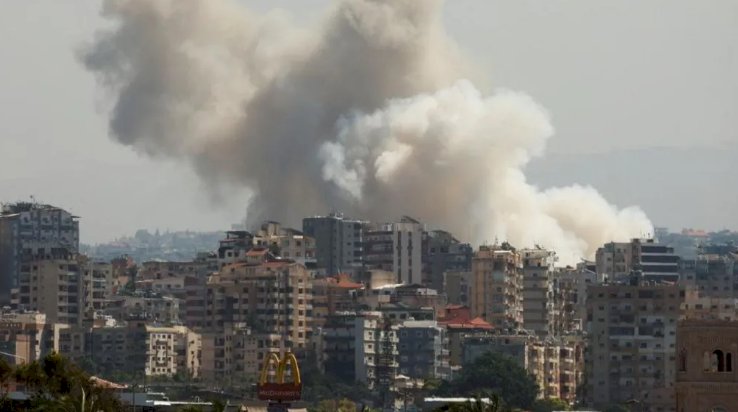




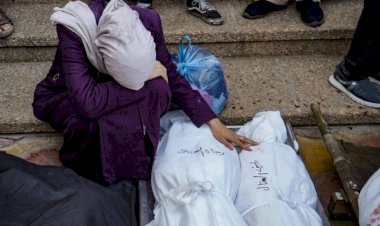
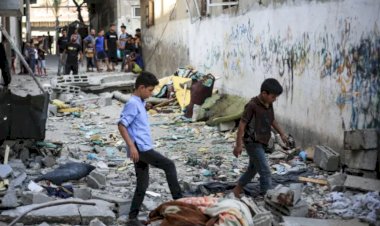
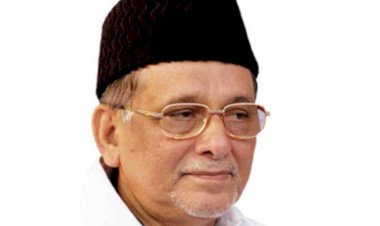
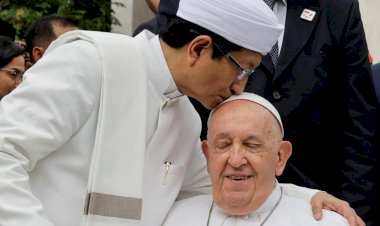














Leave A Comment